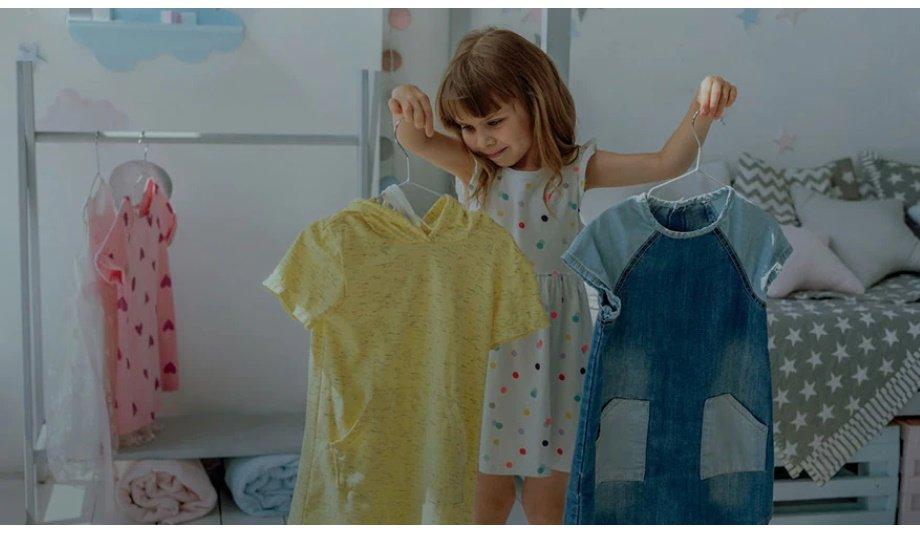Jay Jay Textiles’ journey towards business expansion with lifestyle logistics solutions is stitched to perfection. Established over 50 years ago, Jay Jay Textiles has a strong presence in India, Sri Lanka and Bangladesh, as a vertically integrated manufacturer of cotton knitwear for children’s apparel and home products.
In the past few years, Jay Jay Textiles has branched out to Ethiopia, starting with three factories in the Bole Lemi Industrial Park, located in nation’s capital of Addis Ababa, which caters to reputed brands and retailers based in the United States of America (USA) and the European Union (EU).
Jay Jay Textiles were facing several challenges that disrupted their operations and supply chains. There were gaps in communication and several uncoordinated handovers, since they were working with multiple forwarding agents for their imports and exports.
Challenges included frequent delays and high costs
There were also frequent delays and higher costs, due to cargo rolling in the congested Salalah Port, in Oman
There were also frequent delays and higher costs, due to cargo rolling in the congested Salalah Port, in Oman, for two to three weeks on their import leg from Tuticorin, in India. What further added to the existing delays was the cumbersome customs clearance processes.
Moreover, at the start of the fertiliser season in Ethiopia, truckers were diverted to transport fertilisers, in order to progress the agricultural industry in the country. During this time, Jay Jay Textiles’ customers struggled to secure truckers to transport their manufactured goods out of Ethiopia to Djibouti, for shipping to the US.
Hot Box Connection solution
Jay Jay Textiles’ expansion plans and existing challenges required a customised solution that addressed most of their issues. To solve their cargo-rolling challenge out of Tuticorin and Salalah Port, A.P. Moller – Maersk (Maersk) offered the customer their renowned Hot Box Connection solution. This assured equipment availability and vessel space allocation for their raw material imports into Ethiopia.
With 70 trucks, Maersk was able to cater to Jay Jay Textiles’ entire inland transport requirement and ensure unhindered movement. Being their single point of contact for coordinating everything behind the scenes, Maersk eliminated the risks of delays that occurred in the past, while working with multiple providers.
Maersk’s logistics solution helped in business expansion
The logistics solutions made things fall into place for Jay Jay Textiles, helping them achieve their ultimate goal of expanding their operations, while reducing cost inefficiencies.
Jay Jay Textiles is now working with 6 US fashion retailers, as opposed to just 3 in 2019
Jay Jay Textiles is now working with 6 US fashion retailers, as opposed to just 3 in 2019. Until the end of last year, they operated out of 5 sheds/factories in the Addis Ababa Industrial Park, in Bole Lemi, Ethiopia. Currently, they have 7 factories to fulfill the growing demand from their buyers in the US.
Single logistics provider for inland services
Despite the significantly challenging impact of the COVID-19 pandemic on the global apparel and textiles industry, Jay Jay Textiles’ volumes increased by 149% in 2020, in comparison to 2019. Their 2021 half-year volumes are at 69% of 2020, indicating that their growth curve will continue till the end of 2021.
Having a single logistics provider for inland services and customs clearance helped Jay Jay Textiles to reduce their operational costs and time. This added visibility within their supply chain and minimised the delays associated with multiple handovers.
Working towards a more connected future
Currently, the Ethiopia team is working on making consolidation facilities operational in the country. This will help European and North American buyers with their purchase orders from Jay Jay Textiles and other apparel manufacturers in Ethiopia. The endeavour aims at spearheading a connected and simplified end-to-end supply chain solution for apparel manufacturers in Ethiopia.
